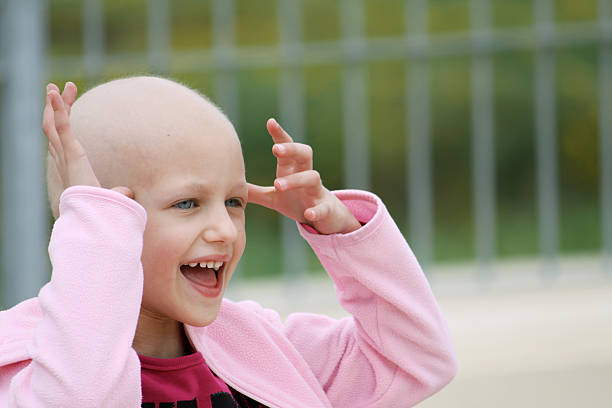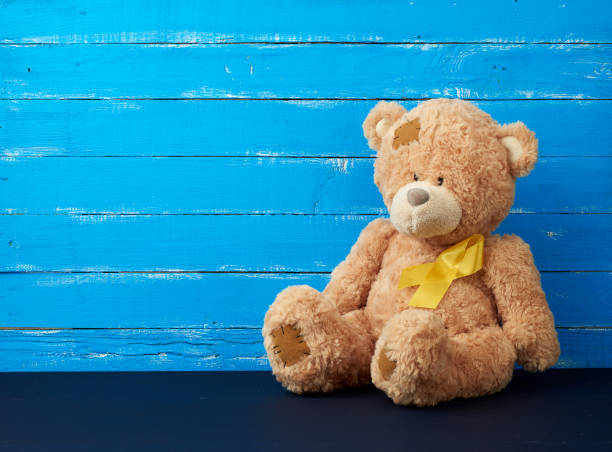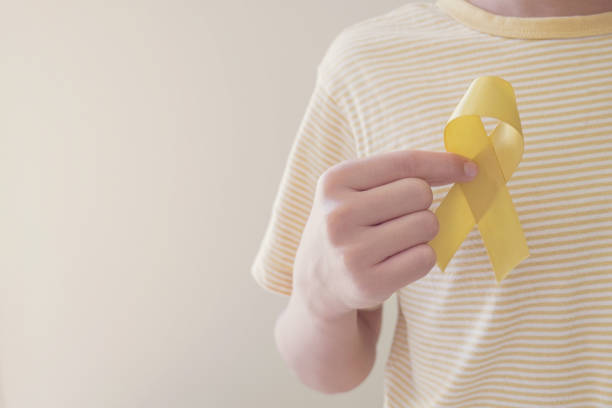When they tell us that the little one is in remission or that cancer has been defeated, many overwhelming questions can come to us, such as “What if it comes back? Now what are we gonna do?”.
All routines are broken since visits to the doctor will be less frequent, and we will all have freer time that we can occupy in workshops, support groups, camps, or something that we really like and have stopped doing.
If you’re wondering what can come after expiring or finishing treatment for childhood cancer, know this: Most side effects appear during or after treatment and go away soon after. But some of these effects do not improve or can occur months or years after taking the medicine.
What are called late effects?
After finishing the treatment, some years later, even in adulthood, they may seem like effects of the medicine and treatment we had during the fight against cancer; these late effects have become a topic of research and medical attention.
Your doctor’s follow-up must be meticulous after identifying these late effects. The process for treating these effects will depend on many things, such as:
- The type of cancer the child had.
- The treatments she received.
- The risk of late effects from such treatments.
- The age of the child.
- The dose of chemotherapy or radiation therapy she received.
- How much time has elapsed since the treatment was completed?
- The late effects appear due to the damage that the cancer treatment causes in the body’s healthy cells; let’s remember that chemotherapy and radiotherapy kill off good and bad cells in Infant’s body.
Survivorship Care Plan, what is it?
It is the record of the history of cancer you had, the treatment you took, the time it lasted, as well as the check-ups, the tests you need in the future, and, most importantly: some advice from the doctor, such as:
- When to test and how to take care of possible long-term and late effects on the body.
- When to take the test and how to get help for possible school or learning problems (remember that often the infant may have hearing or vision problems, anxiety attacks, etc.).
- Appointments with special therapists if necessary.
- Healthy eating and physical exercise.
- This plan must be delivered during or once the cancer treatment is finished; if the doctor does not provide it, we can request it.
Remember that not only the patient can experience emotional effects at the end of this process, but also the family members who accompanied him. Several support groups and survival clinics can provide us with psychological help and, at the same time, including our children in workshops attended by several children who have also defeated cancer.
Don’t live in fear
Try to make your life as normal as possible. Keep going; if you and your child had a dream before the diagnosis, fulfill it; remember that there is a reason a survivor is a warrior or warrior who managed to get through those difficult days and that now everyone deserves a break.
Always be happy with the measures you have been given; with the support of family, friends, other survivors, and mental health professionals, many who have survived cancer can get ahead despite their challenges; never forget to enjoy life.



